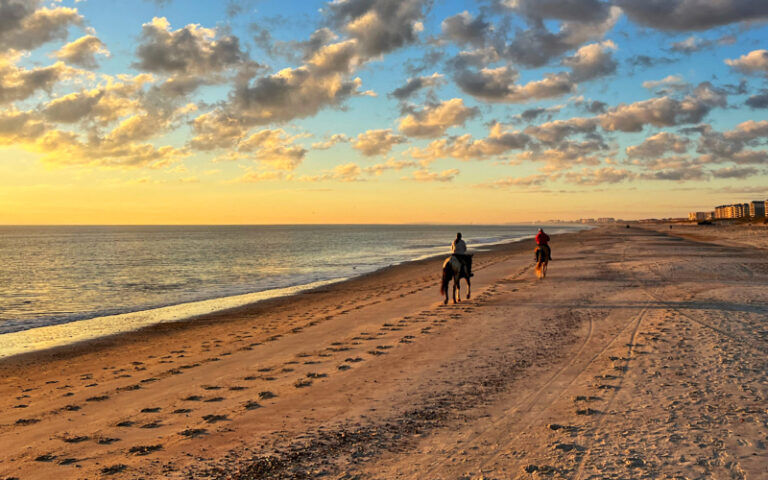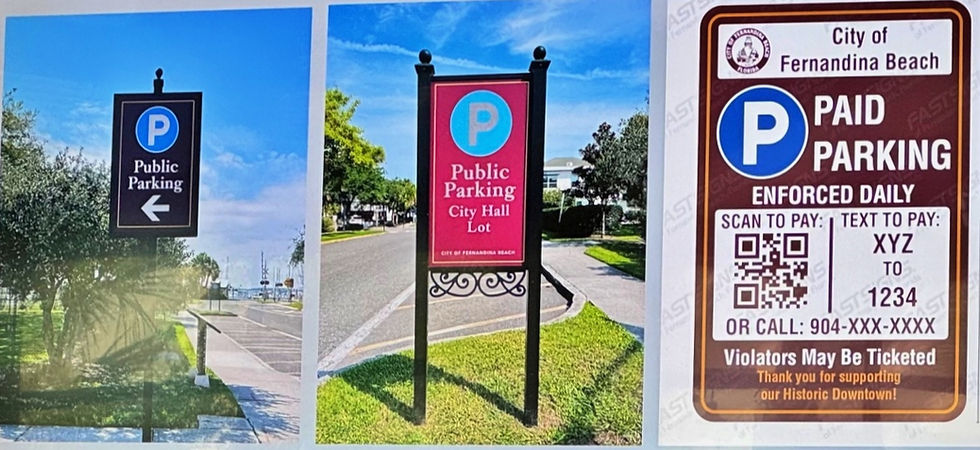County Approves Beach Driving, Camping, and Conservation Rules in Unanimous Vote
- Mike Lednovich
- Aug 11, 2025
- 2 min read

In the weeks leading up to the Nassau County Commission’s unanimous approval of Ordinance 2025-037 and Resolution 2025-132, homeowners at American Beach filed a federal lawsuit against the county under the Endangered Species Act (ESA), citing environmental damage caused by vehicular beach access.
Under the ordinance, primitive camping is now limited to the parking area at Burney Park. Commissioners noted that no permits have been issued for camping there, and the restriction formalizes a change made years ago after residents objected to camping on the sand. The “Night Sanders” group, active between 2018 and 2020, had sought permission to continue American Beach’s camping tradition. The county allowed limited group permits in the Burney Parking lot, but officials said the activity has not been in demand and requires extra staffing.The ordinance also updates horseback riding regulations to align with conservation plans and neighboring counties. Volusia and St. Johns counties’ policies were reviewed for consistency. Officials heard testimony that horse hoof ruts can cause more damage to nesting beaches than vehicle tire tracks. Most sea turtle hatchings occur at night, with daytime events rare, but deep ruts can pose hazards to hatchlings.
Two owners of beach horse riding businesses objected to the timelines saying eliminating sunrise horse rides would curtail their revenues dramatically. The PSMP, approved under Resolution 2025-132, establishes detailed environmental protections, including limits on vehicle access during nesting season, new buffer zones around nests and dunes, and daily rut removal near active nests. Commissioners corrected one section of the plan before adoption, changing “sea turtle” to “sea turtle nest” in a provision regarding beach maintenance activities.
County staff said successful nesting of green and loggerhead turtles has increased in recent years, making protective measures more critical. The plan also consolidates various amendments and public feedback into a single management document. Commissioners said the updated rules and conservation plan reflect both expert recommendations and community concerns, with some changes incorporated after public suggestions.
Enforcement and public education efforts are set to begin before the next sea turtle nesting season in May 2026.




Comments